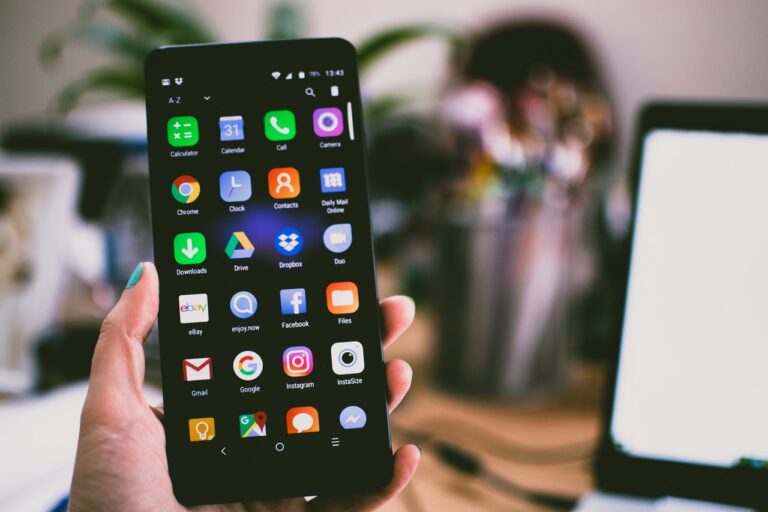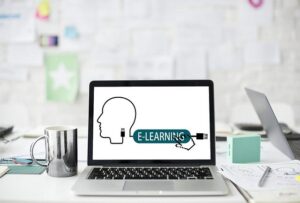In this digital era of artificial intelligence and virtual reality, we can’t help but praise the height that formal education has touched. The courses of specialization and other degrees are quite in line with today’s rapid-paced market demands in terms of technological progressions. However, there is a major concern which is raising eyebrows and grabbing attention every day about schools not being able to produce skilled grads.
In case some of us are already working on it and considering to get a better opportunity or in another scenario, someone is on the verge of changing their career or a fresh start in a brand new direction, there are some online certifications which are quite beneficial and can potentially take one further in life. Even if your school isn’t up to your expectations, you can always consider taking online courses. To let you know of them, here is the list:
1. Udacity
Udacity is on top of my list; it is providing hundreds of free online courses on a variety of topics to select from, and if you like you can even take nano degree that helps you make decisions in this area. You get to directly consult the professionals who have been through the same procedure before you.
On top of that, you can get a verified certification for $200. Getting feedback from nano degree is highly recommended. It is a great choice for those trying to find a job in programming or technical departments.
2. Brainscape
Brainscape is an online mobile and web platform which claims that we can double our learning speed just by using flashcards. Brainscape places the recurrence of the concepts so you can preserve the acquired knowledge more effectively.
It displays information and facts; you are required to rate them according to your knowledge and express whatever comes to your mind. This is how Brainscape determines the appropriate time to take another quiz from you.
Creating, sharing, and finding user-generated flashcards is totally free of cost. There are some subscriptions enlisted from which you can choose any reasonable plan you desire. With the help of subscriptions, you will be able to access an unlimited amount of premium content, features like bookmarks, browse mode, card reversibility, which allows you to make flashcards without ads.
3. Grad Proof
Majority of the students, teachers, and writers do not possess a personal editor to suggest them or offer them feedback on minor issues like improving writing style. Grade Proof’s artificial intelligence provides us with concrete methods to improvise the writing style, keeps monitoring the originality of the content.
On top of that, it recognizes complex grammatical issues which rest of the word processors usually miss. Even though the app is free of cost, you might be required to upgrade it by paying $10-per-month.
4. edX
The good news is, higher education is not anymore restricted to college students or available to merely Ivy League students. EdX has given us the feasibility to anyone who possesses a smartphone in order to study from top-notch institutions like MIT and McGill, and perhaps even get a certification upon completing the course.
With edX, you can watch online lectures, take quizzes, and complete assignments according to your convenience. Most of the courses are self-paced, so you can complete them on your schedule. Majority of the courses are inexpensive so anyone can at least take one course without taking stress about loans. But, there are some certificates and courses which cost a little extra.
5. TED
As awkward as it may sound, the minute you realize there is actually an organization making us think, the TED app pops up on your screen and gives you the opportunity to learn and scrutinize from their video library comprising of more than 1,700 TED Talks.
TED talks familiarize us with enthralling presentations and innovative ideas from education revolutionaries, tech masterminds, business experts, musical legends, and many more who made an impact in one way or another.
6. Khan Academy
Education is not free, no matter how many scholarships, grants, concessions are offered to students – education is expensive! Luckily, we have Khan Academy which offers us over and above 4,000 free downloadable videos. It gives us the possibility to polish up our skills from science to art, history and information technology. It also enables us to evaluate and measure our progress.
7. iTunes U
Most of us already know, but for some who don’t: Apple’s iTunes U exhibits the largest digital catalogue of this world which has free of cost educational content. It has coaches teaching us from top-notch international universities such as Stanford and Yale Universities with a variety of courses who then assign tasks for homework, give out helping material for students so they can take notes and share, as well, within their circles later.
8. YouTube
It may not be on top of my list for the reason that we all are already aware of this app but not many of us utilize it for educational or learning purposes. Factually, YouTube is truly the best thing on the list of all learning app. traditionally, this place is known for video content with different sorts of the genre ranging from musical, comedy to news clips.
YouTube originally started off as a source of entertainment but now we see educational channels, skill enhancement, vlogs and what not! You name it and it’d be on YouTube! Besides that, we can get instructions, tips, reviews, DIY on almost everything or anything on YouTube. The video content on YouTube is so much so that it will take 1000 years to watch every single video.
If we speak of learning, starting from learning about changing the oil in your car to learning how to fly a plane, everything is there. Everything is without any charges. The only thing that may bother you for a few seconds is the ads. But don’t worry! There is a solution for that. YouTube Red is an alternative for YouTube that costs $9.99 per month, it will help you get rid of ads, allows you to play music in the background, and much more features.
9. Amazon Kindle
Now comes Amazon Kindle on my list which is yet another traditional learning app and a website. This comes as a service and facility for us, having an infinite number of reference guides, how-to books, self-help books, to name a few. We can conveniently buy the books from there, download them to read whenever we want.
In today’s digital world, our devices are also capable of storing tons of books/magazines without the fear of running out of space. Those who are not very fond of Amazon Kindle have other options like Google Play Books and Nook.
— Nathan John works as a content editor at Spectrum internet









